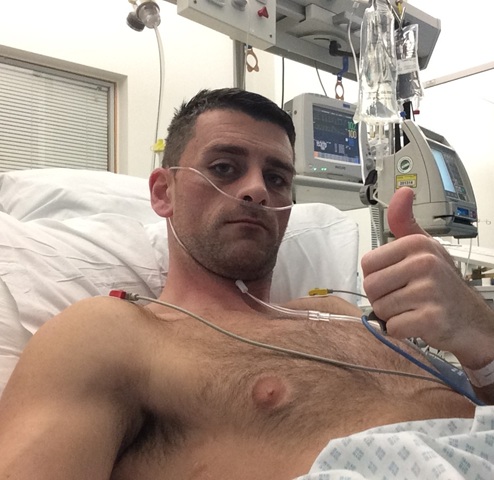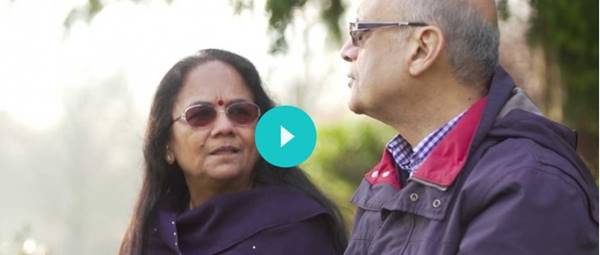Donating a kidney to someone you don't know
Over 1,000 people in the UK have donated a kidney to someone they don’t know who needs a transplant. This is known as non-directed altruistic living kidney donation.
Any adult over 18 years of age (over 16 in Scotland) can volunteer to donate a kidney to someone they don’t know as a non-directed altruistic donor.
Andy's story

Something triggered in my head that I could do something lifechanging to help someone in desperate need.Andy
Living kidney donor
Can you choose who to donate your kidney to?
As a non-directed donor, you cannot choose who will receive your kidney. Kidneys are offered to both children and adults using national offering schemes which have been carefully designed to ensure that they are fair to everyone.
What happens to your donated kidney?
As a non directed altruistic donor your kidney may be offered to someone who is a high priority on the transplant waiting list first.
Alternatively, you may be able to join the UK Living Kidney Sharing Scheme to initiate a chain of up to 3 transplants
Donating a kidney to a specific person you don't know
If you want to volunteer to donate to a specific person in need of a kidney transplant, but you don't know or have never met the person, this is known as directed altruistic donation. For example, you may have heard about someone in need of a transplant who has put out an appeal through the media and want to help.
When people appeal for a donor through the media, it may be because the person has waited a long time for a kidney. Some people wait longer than others because it is difficult to find a compatible donor.
A media appeal can generate a lot of interest from a number of people. If find you are not a suitable donor for the person making the appeal, or they find a different donor, you could still volunteer to donate. You could be matched to a person in need of a transplant and might even be able to help more people by making a chain of transplants possible from your single donation.
Become a living kidney donor

Help promote living donation
Order or download a range of materials, including faith-specific leaflets.
Can’t find what you’re looking for?
For general enquiries
Email: enquiries@nhsbt.nhs.uk
Or call: 0300 123 23 23








